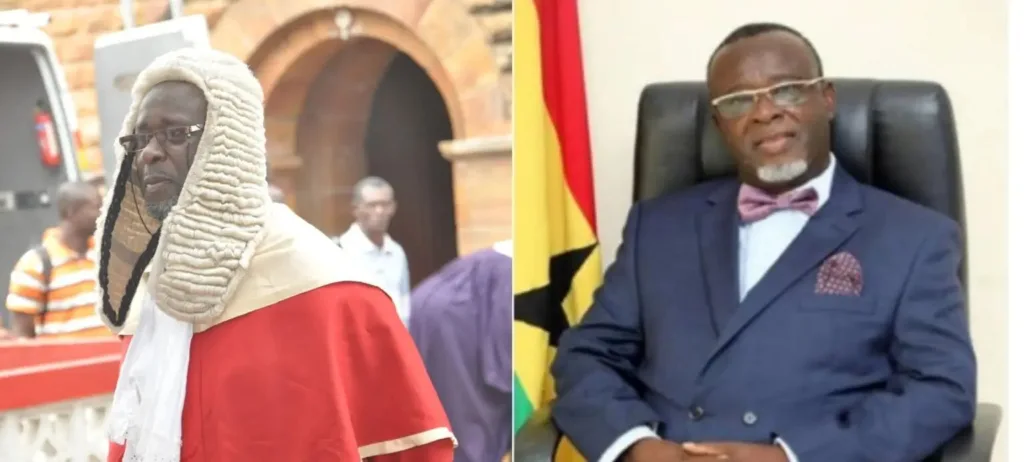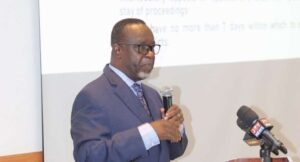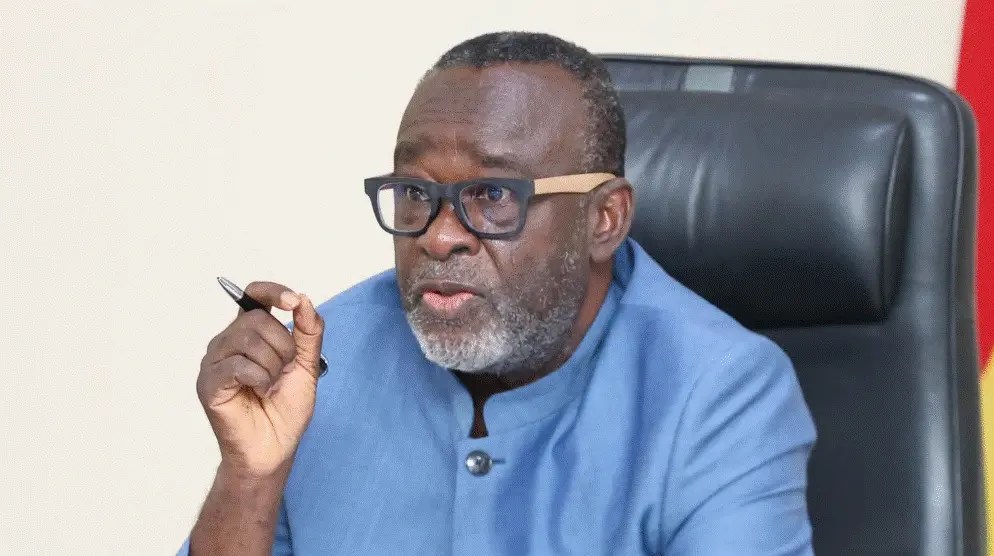Justice Paul Baffoe‑Bonnie, the acting Chief Justice of Ghana and nominee for the substantive position, has proposed that Ghana’s general elections be permanently moved from the traditional December 7 date to November 7 (or 8). The proposal came during his vetting by Parliament’s Appointments Committee on Monday, November 10, 2025.
According to Justice Baffoe‑Bonnie, the current electoral timeline gives only about one month between Election Day and the swearing‑in of a new government on January 7. This narrow window, he argued, makes it practically impossible for electoral petitions to be heard and concluded before the new administration takes office. He explained:
“After the election petition, we came to the conclusion that it should be possible to have petitions concluded before January 7, which is the inauguration day. The best suggestion that came up was to hold elections on November 7 or 8.”
Under the current schedule, with elections on December 7 and inauguration on January 7, the judiciary has little time to process petitions. Justice Baffoe‑Bonnie argued that an earlier election date would provide approximately 57 days between mid‑November and early January for results to be declared, petitions filed and heard, and rulings delivered.

He referenced the 42‐day window provided by Constitutional Instrument CI 99 for electoral petitions, saying that if elections were held in early November, the timeframe for filing, response, and trial of petitions could be met more comfortably.
Beyond shifting the date, he recommended adopting electronic service of court documents to reduce delays caused by manual service of originating processes. He argued that using digital addresses or phone numbers for online contact could reduce service time from a week to about three days. Justice Baffoe‑Bonnie stressed that with the two reforms, earlier election date and electronic service, preliminary processes could be completed by November 30, allowing trials of election petitions to conclude within two weeks.
The nominee’s proposal has sparked public discussion about whether Ghana should institutionalise the suggested changes. The underlying premise is to enhance fairness, transparency and public confidence in the electoral justice process by ensuring that disputes are settled before a new government assumes office.
Key considerations and context:
- Ghana’s current electoral cycle: elections held on December 7 and inaugurations on January 7.
- The proposed change: move Election Day to November 7 (or 8) to allow longer period for legal resolution of petitions.
- Judicial timeline: under CI 99, 42 days are allowed for filing, response and trial of electoral petitions.
- Reform aim: ensure winners of valid petitions are confirmed or overturned before the new government takes office, thereby avoiding governance disruptions or legitimacy concerns.
If adopted, the change would represent one of the most significant electoral calendar reforms in Ghana’s recent history. It would require constitutional or legislative amendments given the fixed nature of election dates under Ghana’s 1992 Constitution and existing electoral laws.

Justice Baffoe‑Bonnie’s proposal comes at a time when the judiciary in Ghana is under intense scrutiny for case backlogs, delays in hearing high‑profile disputes, and public perceptions of inefficiency. As nominee for Chief Justice, his recommendations signal his priorities: strengthening rule‑of‑law mechanisms and improving institutional processes within Ghana’s electoral and judicial frameworks.
As of now, the proposal remains at the recommendation stage, any formal change would involve consultations among the judiciary, the Electoral Commission of Ghana (EC), Parliament and other stakeholders. The vetting process for Justice Baffoe‑Bonnie is currently underway.
Minority Boycotts Parliament Over Chairman Wontumi’s Continued Detention

